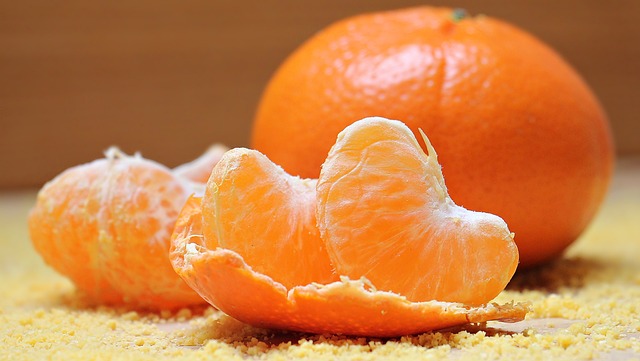Probiotics 101: Unveiling the Untold Secrets of the Microbiome

Gut health plays a crucial role in maintaining overall well-being, and one of the key factors influencing it is the microbiome — a vast ecosystem of microorganisms inhabiting our digestive tract. These microscopic armies consist of bacteria, viruses, fungi, and other microorganisms that live in harmony inside our bodies. While this may sound unsettling, discovering the secrets of the microbiome has led to groundbreaking research and the development of Probiotics.
What Are Probiotics?
Probiotics are living microorganisms that, when consumed in adequate amounts, confer health benefits on the host. These friendly bacteria promote the balance of the gut flora, aiding digestion and supporting a healthy immune system. While bacteria are often associated with sickness, not all bacteria are bad for us. In fact, having a diverse and thriving microbiome is essential for optimal health.
The Benefits of Probiotics
Probiotics have been studied extensively and have been found to provide numerous benefits for our bodies:
- Improved Digestion: Probiotics help break down food and enhance nutrient absorption. They assist in the breakdown of complex carbohydrates, proteins, and fats, making them more easily digestible.
- Boosted Immune System: A significant portion of the immune system resides in the gut. Probiotics stimulate the production of antibodies, strengthen the gut barrier, and reduce inflammation.
- Reduced Risk of Infections: Certain strains of probiotics, such as Lactobacillus and Bifidobacterium, can prevent the colonization of harmful bacteria by competing for space and nutrients.
- Improved Mental Health: Emerging research suggests a strong connection between the gut and the brain. Probiotics may play a role in mood regulation and reducing symptoms of anxiety, depression, and stress.
Food Sources of Probiotics
The most common food sources of probiotics include:
- Yogurt: Yogurt contains live cultures of bacteria, including lactobacilli and bifidobacteria. Look for yogurt labeled as containing “live and active cultures” to ensure you’re getting probiotics.
- Kefir: Kefir is a fermented milk drink that offers a variety of beneficial yeasts and bacteria. It has a tangy taste and can be enjoyed on its own or used in smoothies and recipes.
- Sauerkraut: Sauerkraut is fermented cabbage and a good source of probiotics. Choose unpasteurized sauerkraut to ensure it contains live cultures.
- Miso: Miso is a traditional Japanese seasoning made from fermented soybeans. It adds a savory flavor to soups, marinades, and dressings and provides probiotics.
- Kimchi: Kimchi is a Korean side dish made from fermented vegetables, primarily cabbage. It’s spicy, tangy, and packed with probiotics and beneficial antioxidants.
Supplements: A Convenient Option
While obtaining probiotics through food sources is ideal, supplements can be a convenient option. Probiotic supplements contain specific strains and higher concentrations of beneficial bacteria than most foods. When choosing a supplement, look for one that provides a broad spectrum of strains and is







